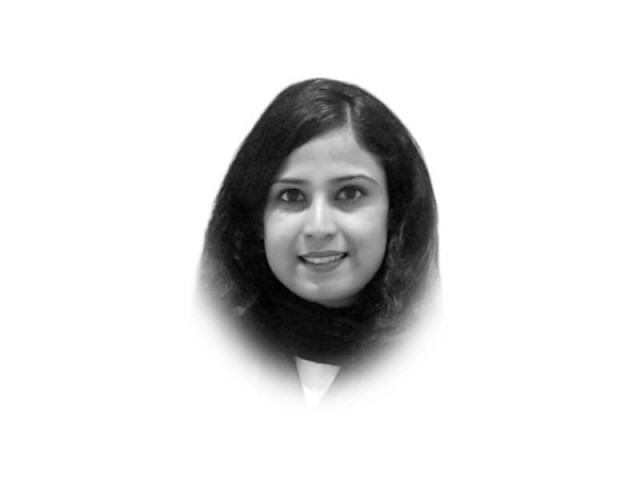Need for breast cancer awareness
In Asia, Pakistan carries the highest rate of breast cancer mortality and morbidity

Many healthcare professionals opt to work at cancer hospitals and visualise deaths that could have been delayed, complications that could have been prevented, or lives that could have been saved by the early diagnosis and treatment of breast cancer in Pakistan. Breast cancer patients in Pakistan are battling with certain taboos, socio-cultural hurdles, and barriers that are deadlier than the disease itself.
In Asia, Pakistan carries the highest rate of breast cancer mortality and morbidity with about 90,000 cases reported every year and more than 40,000 deaths. It is estimated that every 1 in 10 women may develop breast cancer in their lifetime. According to a WHO report of 2020, breast cancer had 14.5% new cases, 11.7% deaths with a 5-year prevalence of 56.39% than other cancers in Pakistan. Latest demographic data has revealed that these rates are likely to be on an upward trend in the coming years because 89% of breast cancer patients are diagnosed at later stage and 59% at an advanced stage due to the taboos, insufficient healthcare facilities, and lack of awareness for breast cancer in Pakistan.
Breast cancer is not a matter of discussion in Pakistan on individual and mass scales because of socio-cultural beliefs, hesitancy, psycho-social stress, feminine sensitivity limits, lack of awareness and emotional support from the families. Women have phobia of stigmatisation, pain, surgery, physical deformation, and acceptance by society post-treatments so they are reluctant to talk about any abnormality in their breasts or to seek medical assistance by doctors. Some women rather head towards traditional treatments and spiritual healing due to these factors or lack of financial resources. These are the major reasons due to which Pakistan still lacks a national data on breast cancer. Moreover, the incompetent healthcare system of the country has added fuel to the fire.
There is a strong need to create awareness about breast cancer among women from rural areas, in particular, so that this disease can be diagnosed and treated at an early stage. Also, there is a dire need to develop cancer care centres in primary health care departments in rural and urban areas because healthcare options for breast cancer are insufficient and expensive in Pakistan. Clinical breast exam (CBE) and mammogram facilities are not generally available at the public primary care levels in the country. Hence, trained medical practitioners and nurses assigned at healthcare centres and awareness campaigns should educate women about breast self-examination (BSE) technique so that women who cannot afford expensive screening tests can use this self-screening technique once a month to detect breast cancer because early diagnosis can prevent a number of complications.
Attitudes towards breast cancer need an alteration in Pakistan’s patriarchal society. Men must be taught that this is not a taboo rather they must encourage their family women to get periodical check-ups. The Government of Pakistan must launch a free breast cancer screening campaign in collaboration with public and private sector hospitals throughout the country. Female medical staff should counsel women about their psychological, socio-cultural, and structural barriers for breast cancer, and similar counseling must be done by male medical staff to men in order to promote screening, diagnosis, treatment, emotional support, and acceptance ratio of breast cancer patients. Breast health programmes propagating hygiene practices and educational interventions for breast cancer awareness should be introduced. A national cancer registry is also a need of time so that all breast cancer cases are recorded for effective policymaking by discussions between healthcare professionals, researchers, and policymakers in Pakistan.
Published in The Express Tribune, November 13th, 2021.
Like Opinion & Editorial on Facebook, follow @ETOpEd on Twitter to receive all updates on all our daily pieces.














COMMENTS
Comments are moderated and generally will be posted if they are on-topic and not abusive.
For more information, please see our Comments FAQ